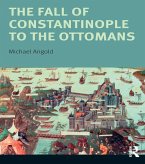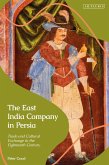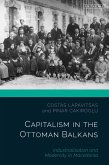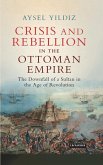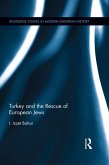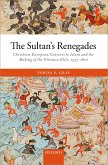In the seventeenth century, previously peaceful relations between the Ottoman Empire and the Polish-Lithuanian Commonwealth deteriorated into a series of military confrontations over the principalities of Moldavia and Wallachia. Although scholars have generally interpreted this rivalry in terms of conflicting geopolitical interests, this state-centred approach ignores one of the most important developments of the period: the devolution of power away from rulers and formal institutions towards political factions. Drawing on Ottoman, Polish and Romanian sources, The Ottomans and Eastern Europe explores the complex interplay between regional politics and the rise of factionalism, focusing on cross-border patronage between Ottoman, Polish-Lithuanian and Moldavian elites. By approaching the history of the region from a factional, rather than state-centred perspective, this book investigates an alternative geography of power, defined by personal interactions that straddled religious, political and social boundaries between the elites. Wasiucionek reveals the way in which these interactions not only shaped the Ottoman-Polish rivalry over Moldavia, but also influenced political culture throughout the region.
Published in Association with the British Institute at Ankara.
Published in Association with the British Institute at Ankara.



